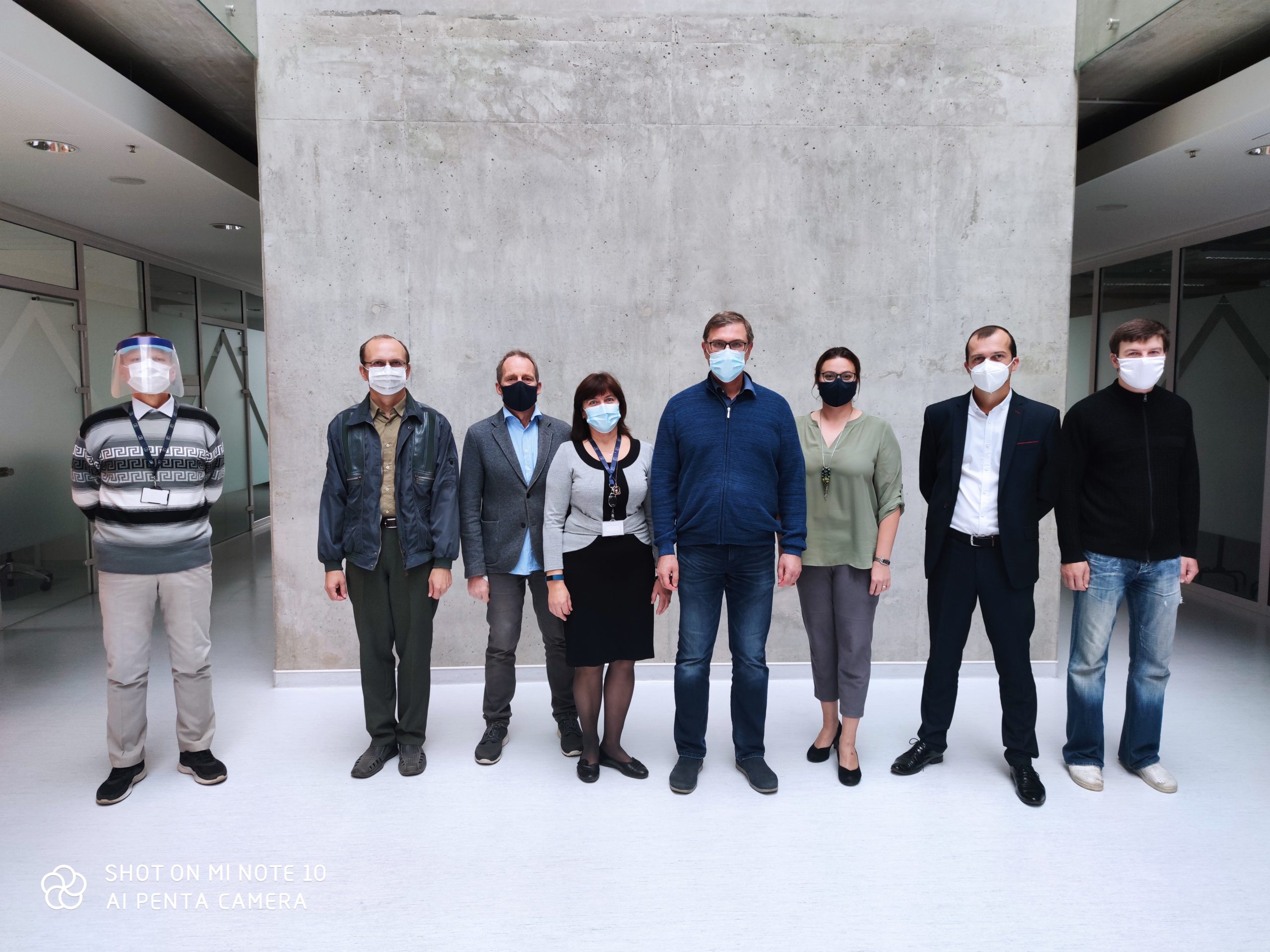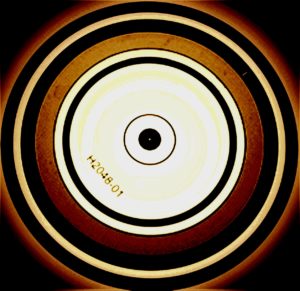The Institute of Materials Science is launching the project No. 01.2.2-LMT-K-718-03-0058 “Anti-fogging precise optical scales and limbs (RASA)”, project value 691 574.00 Eur. The project is funded by the European Regional Development Fund according to the 2014–2020 Operational Programme for the European Union Funds’ Investments, under measure’s No. 01.2.2-LMT-K-718 activity “Research Projects Implemented by World-class Researcher Groups to develop R&D activities relevant to economic sectors, which could later be commercialized. The project will run from 2020 to 2023.
The project “Anti-fogging precise optical scales and limbs” (RASA) is devoted to the development of the optical scales technology. Optical scales are widely used for accurate measurements of the ultra-small displacements, position, and movement speed in metrology instruments, motion systems, and high precision machining tools ranging from digital calipers to coordinate measuring machines. One of the problems related to an operation of the optical scales is fogging of the scale surface when operating near a dew point. Therefore, signals of the encoder can be disturbed or even remain unregistered. Special hydrophilic anti-fogging coatings can be applied to solve that problem. Polymeric anti-fogging coatings already are used for different glass or plastic optical components. However, these anti-fogging coatings are not suitable for optic scales due to the inferior mechanical properties. Therefore, at present optical scales with anti-fogging surfaces are not produced. Diamond-like carbon (DLC) films can be used to solve this problem. DLC films are very hard, wear and corrosion resistance, optically transparent. Their properties can be changed in a broad range. An alternative approach is the application of a specially nanotextured superhydrophilic surface. To maximize surface wettability, superhydrophilic surface nanotexturing, and deposition of DLC film can be combined. The fabricated film and/or nanotexture should protect the optical scale surface from dew without impairing or even improving the mechanical and optical properties of the scale; furthermore, the scale shall be resistant to the cleaning procedures. The developed technology would be relevant not only for precision optics measurements, yet to a wide range of applications – from lenses of the eyeglasses to the car windows.

The main researchers of the project are from left to right: dr. Viktoras Grigaliūnas, dr. Dalius Jucius, dr. Rimantas Gudaitis, dr. Asta Guobienė, dr. Šarūnas Meškinis (project leader), dr. Brigita Abakevičienė, dr. Algirdas Lazauskas, dr. Andrius Vasiliauskas.
